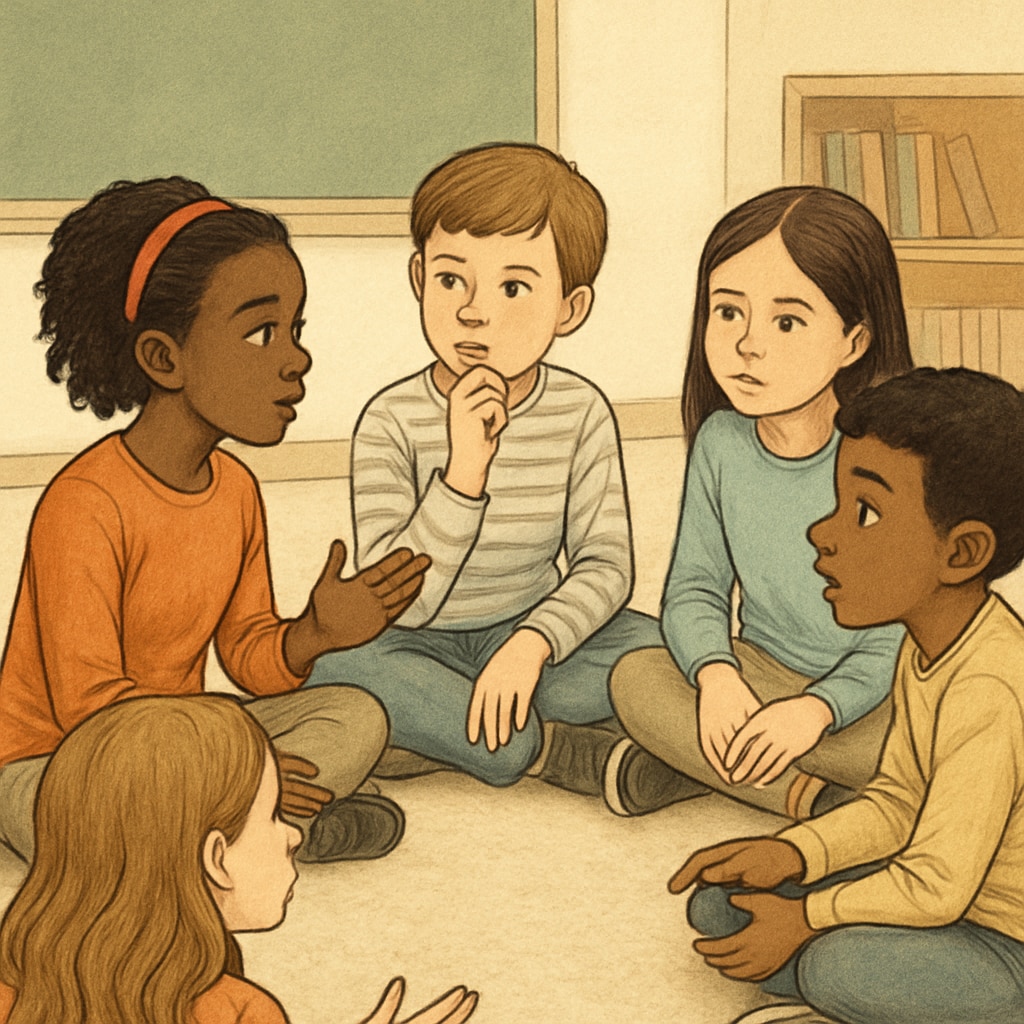Introducing psychology and philosophy to K12 students can be a transformative way to shape their critical thinking skills and foster meaningful values. By leveraging curated self-learning resources, parents and educators can provide young minds with an opportunity to explore these profound disciplines in informal settings. This article presents practical tips, recommended materials, and methods to make the journey into psychology and philosophy engaging and accessible.
Why Teach Psychology and Philosophy in K12 Education?
Psychology, the study of the human mind and behavior, offers students insights into their emotions, decision-making processes, and interpersonal relationships. Philosophy, on the other hand, encourages them to ask fundamental questions about life, ethics, and existence. Together, these fields nurture a sense of curiosity, critical thinking, and introspection—skills essential for academic and personal growth.
In addition, introducing these subjects early helps students develop resilience and empathy. For example, understanding basic psychological concepts such as emotional regulation can assist in managing stress, while exploring philosophical debates can build problem-solving capabilities.

Essential Self-Learning Resources for Psychology and Philosophy
Finding beginner-friendly resources is key to making psychology and philosophy engaging for younger students. Below are some effective tools and materials:
- Books for Beginners: For psychology, books such as The Psychology Book (DK Publishing) provide visual summaries of key concepts. For philosophy, Sophie’s World by Jostein Gaarder introduces philosophical ideas in a narrative format.
- Online Courses: Platforms like Khan Academy offer introductory psychology lessons, while TED-Ed’s philosophy videos break down complex concepts into digestible pieces.
- Interactive Tools: Websites such as Simply Psychology and Stanford Encyclopedia of Philosophy provide age-appropriate explanations and examples.

Practical Ways to Integrate These Subjects
Beyond textbooks and courses, there are simple yet effective ways to introduce psychology and philosophy within the K12 stage:
- Storytelling: Use age-appropriate stories to highlight psychological principles or philosophical dilemmas. For instance, moral tales can spark discussions on ethics and decision-making.
- Debate and Discussion: Host informal debates on topics such as “What makes a good friend?” or “Is happiness the ultimate goal?” to encourage students to think critically.
- Role-Playing: Create scenarios where students apply psychological concepts like empathy or conflict resolution in real-world settings.
- Journaling: Encourage reflective journaling where students write about their thoughts and emotions, helping them recognize patterns in their own behavior.
These activities not only enhance comprehension of psychological and philosophical concepts but also strengthen interpersonal and analytical skills.
Challenges and How to Overcome Them
Introducing abstract subjects like psychology and philosophy can initially feel daunting. Some common challenges include:
- Overwhelming Complexity: Simplify complex ideas using metaphors or visual aids, such as mind maps.
- Lack of Interest: Relate topics to students’ everyday lives. For example, discussing the psychology of social media or the philosophy of happiness.
- Limited Resources: Use free online platforms and public libraries to access quality materials without incurring high costs.
By addressing these obstacles, educators and parents can create a more inclusive and stimulating learning experience.
Conclusion: The Long-Term Impact
Incorporating psychology and philosophy into K12 education has far-reaching benefits. It equips young learners with tools to navigate life’s complexities, fosters self-awareness, and encourages them to think critically about the world around them. By using effective self-learning resources and practical activities, parents and educators can spark curiosity and empower children to become thoughtful, empathetic individuals.
Start the journey today by exploring tailored materials and engaging in meaningful discussions—because shaping a better tomorrow begins with nurturing young minds today.


